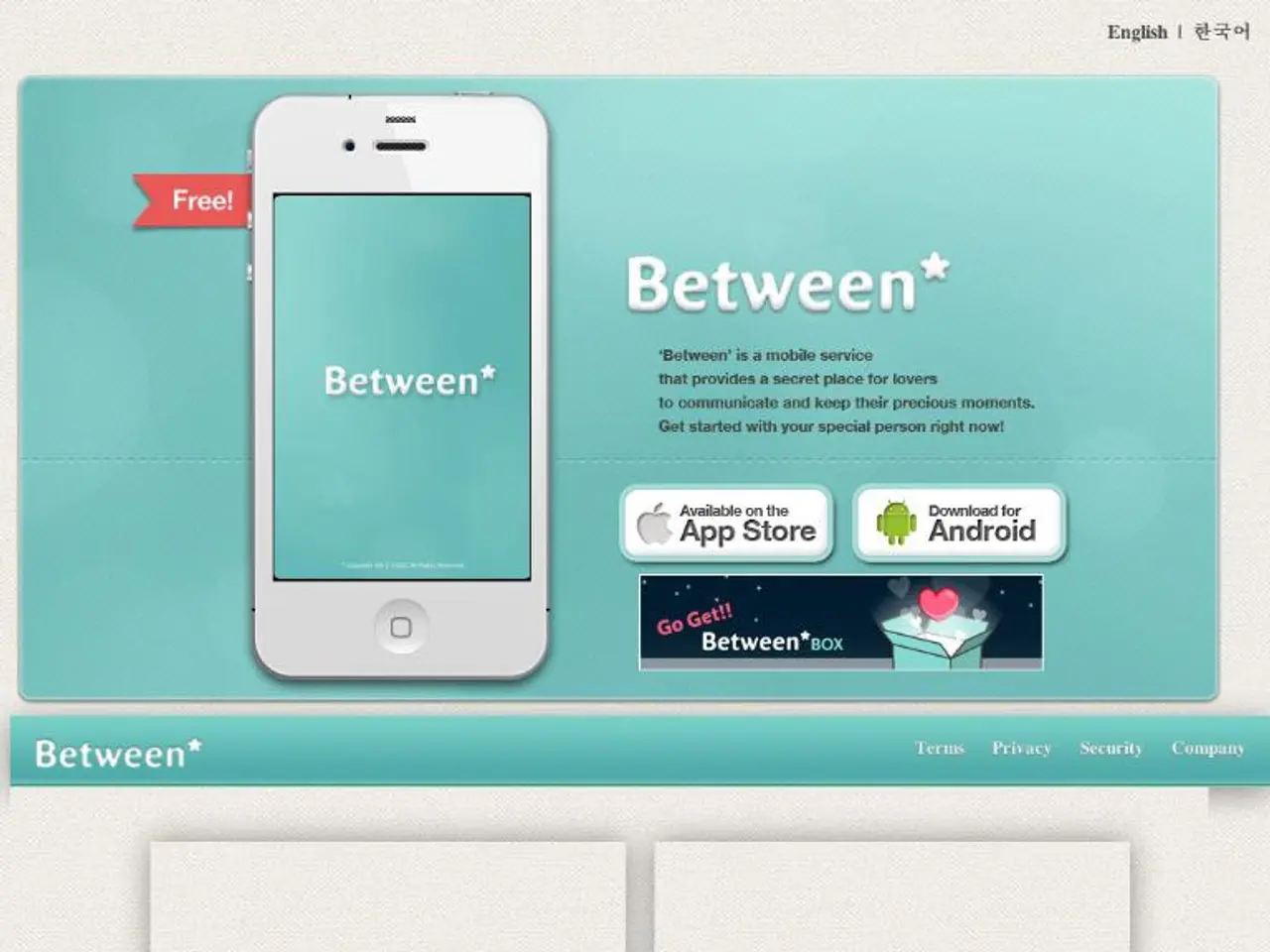Apple's Dominance: Does the iPhone's Performance Justify Its Legendary Reputation?
In the ever-evolving world of smartphones, the iPhone 16 Pro Max continues to hold its ground as a formidable competitor, offering a unique blend of performance, design, ecosystem, and brand that sets it apart from its Android counterparts.
**Performance**
The iPhone 16 Pro Max's exceptional performance is attributed to Apple's custom chip design, which excels in single-core speed and responsiveness. This ensures everyday interactions feel extremely snappy and fluid. iOS optimizations also allow the iPhone to achieve top-tier performance with less RAM than competitors, maintaining a smooth user experience across tasks without unnecessary resource use. Video rendering and common heavy tasks run very efficiently on iPhones due to tight hardware-software integration.
However, competitors like the Galaxy S25 Ultra have pushed the performance envelope with higher benchmarks, more RAM, and faster multitasking capabilities, sometimes outperforming iPhones in raw speed and heavy workloads like advanced emulation or multitasking. The iPhone's annual upgrades can also be incremental, so users with recent models may notice limited real-world performance improvement.
**Design**
iPhones are renowned for their premium, robust build quality, offering a durable yet elegant feel. Materials like Ceramic Shield glass and aluminum contribute to this durability. Apple's design is timeless and consistent, offering a familiar, reliable aesthetic with high-quality OLED displays delivering vibrant colors and deep blacks.
However, some design elements like the notch on models below Pro have become somewhat dated compared to newer design features such as the Dynamic Island or innovations like foldable displays on competing Android devices. Display innovation (e.g., refresh rates) can also lag behind Android flagships that feature higher refresh rates (120Hz and more), which gaming and power users may prefer.
**Ecosystem**
Apple's greatest strength lies in its cohesive and tightly integrated ecosystem, providing continuity and optimized productivity across devices. This seamless experience is highly valued by users deeply invested in Apple’s ecosystem. Strong privacy and security features such as Face ID and On-Device AI enhance user trust and data protection within the Apple environment. Developers often prioritize iOS due to consistent hardware and software synergy, resulting in high-quality apps and games for iPhones.
However, this ecosystem can sometimes limit flexibility since it is closed and less customizable compared to Android’s expansive device and app diversity. Users who own mixed devices or prefer customization might find Apple’s ecosystem restrictive or costlier to fully engage with.
**Brand**
Apple remains a leading and aspirational brand with a reputation for reliability, premium quality, and consistent software updates, which many users trust for long-term usage. Brand loyalty is strong, driven by a combination of design, performance, ecosystem benefits, and high resale value.
However, some criticize Apple for slow innovation pace, with yearly iterations sometimes feeling incremental and priced at a premium relative to feature gains. Competitors, particularly Samsung and Google, are increasingly closing the gap in performance and features, presenting serious alternatives and challenging Apple’s brand dominance in specific markets.
In conclusion, the iPhone excels in seamless integration, premium design, and user experience optimized for efficient performance and privacy, making it ideal for users who prize these aspects. However, Android competitors often lead in raw performance specs, design innovation (like foldables and high refresh rates), and broader customization, appealing to power users or those seeking variety. Your choice depends on priorities between ecosystem cohesiveness and cutting-edge hardware variety.
Sources: [1] TechRadar (2025). iPhone 16 Pro Max vs. Galaxy S25 Ultra: Which one reigns supreme? [online] Available at: https://www.techradar.com/news/iphone-16-pro-max-vs-galaxy-s25-ultra-which-one-reigns-supreme [2] CNET (2025). iPhone 16 Pro Max review: Apple's best iPhone yet? [online] Available at: https://www.cnet.com/reviews/iphone-16-pro-max-review-apples-best-iphone-yet/ [3] The Verge (2025). Apple's A17 Bionic chip powers the iPhone 16 Pro Max to new heights [online] Available at: https://www.theverge.com/23336329/apples-a17-bionic-chip-powers-the-iphone-16-pro-max-to-new-heights [4] MacRumors (2025). Apple's iPhone 16 Pro Max: A deeper look at its features and benefits [online] Available at: https://www.macrumors.com/review/iphone-16-pro-max/ [5] Wired (2025). The iPhone 16 Pro Max: A love letter to Apple's most powerful device yet [online] Available at: https://www.wired.com/review/iphone-16-pro-max-review/
- In the fashion-and-beauty landscape, Apple's iPhone 16 Pro Max sets a trend with its sleek, premium design, establishing a niche for its users who appreciate a distinctive, elegant aesthetic.
- Amidst the tech world's latest gadgets and smartphones, the iPhone 16 Pro Max stands out for its seamless compatibility with other devices within the Apple ecosystem, catering to users who value continuity and optimized productivity.
- Tech enthusiasts exploring the frontier of innovation can consider Android devices, such as the Galaxy S25 Ultra, for their record-breaking performance and design breakthroughs like foldable displays, providing an alternative to the iPhone'16 Pro Max's consistent performance and brand prestige.




